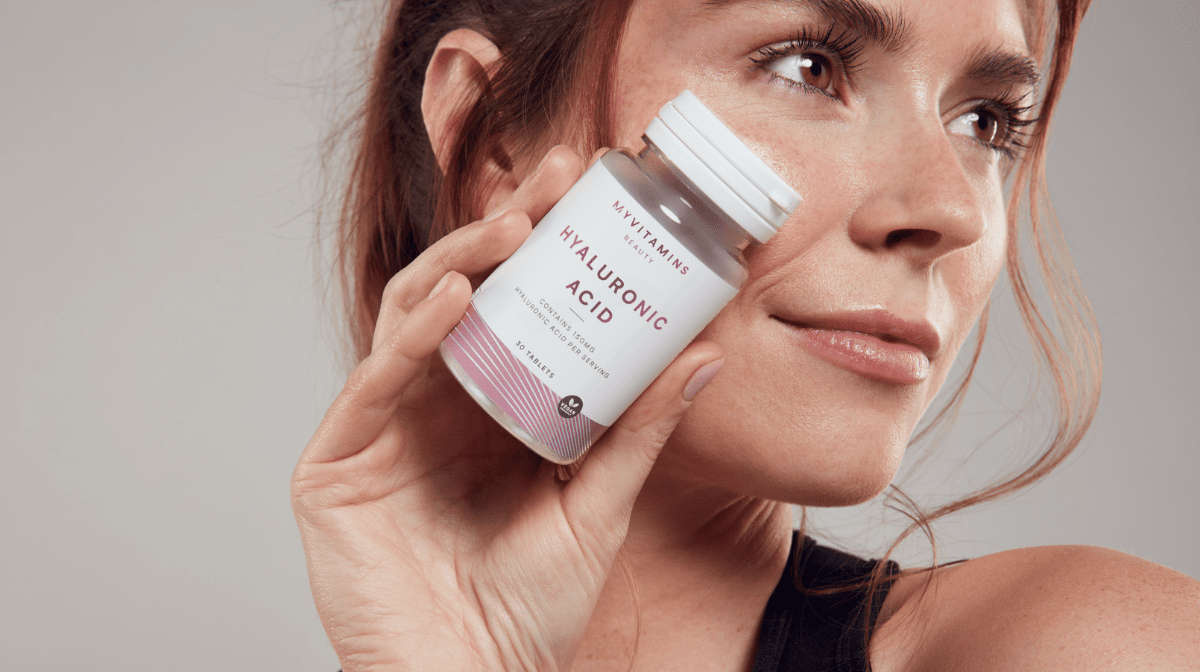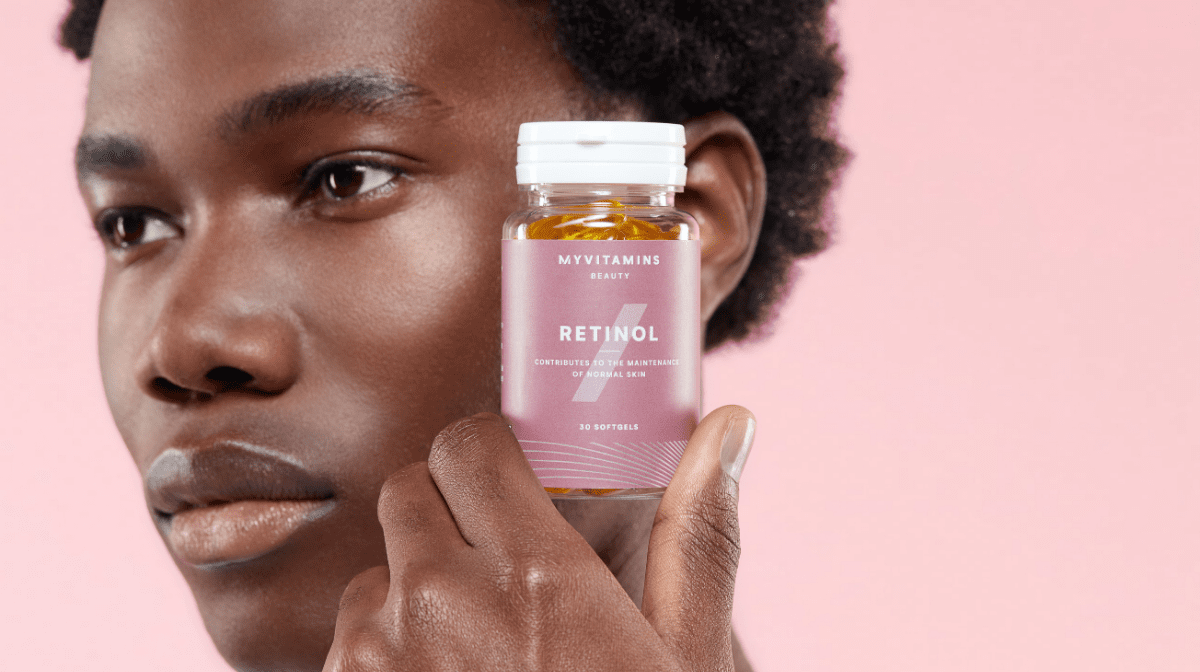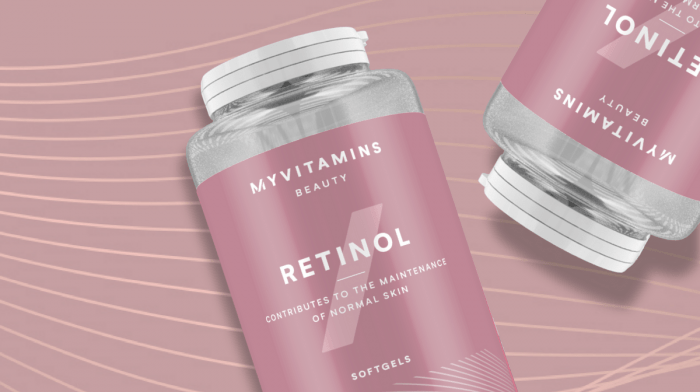Whilst lots of us feel our best during the warmer months, the sun can damage our skin if we don’t protect it properly. Overtime, increased sun exposure can result in dehydration, discolouring or pigmentation and increased signs of ageing on the skin. Here are our top summer skincare tips.
How Does My Skin Change During Summer?
Hot, sunny weather affects skin in two ways:
Increases oil production – In humidity, our glands produce excess sebum that accumulates on the skin’s surface. This in turn clogs pores, causing spots and redness.
Causes UV damage – UV, or Ultraviolet, is a type of harmful radiation produced by the sun. When UV rays hit our skin, we produce melanin. Overexposure to UV can result in skin damage, including wrinkles, liver spots and in severe cases, skin cancer.
How Should I Take Care Of My Skin In Summer?
The sun can have a positive impact on our health, including boosting our vitamin D levels and improving mood. There are lots of preventative measures we can take to ensure we make the most of the summer:
1. Apply Sunscreen
There are two types of UV light, both of which can increase the risk of skin cancer:
- Ultraviolet A (UVA) – A light with a longer wavelength which causes the breakdown of collagen and premature aging of the skin. This includes fine lines, wrinkles, reduced elasticity and uneven skin tone.
- Ultraviolet B (UVB) – A light with a shorter wavelength which causes skin burning. 1
Wearing SPF 50 filters out an estimated 98% of the UV rays, meaning only one-fiftieth can damage your skin. (2) UV radiation passes through clouds, meaning we should wear SPF every day. If you’re outdoors, you should choose a sunscreen with an SPF (Sun Protection Factor) of at least 30, and it needs to be reapplied every two hours. You can find out more about sunscreen and skin safety on the NHS website, here.
Along with regular use of SPF, you can support your natural collagen levels with a supplement. Click here to shop our bestsellers.
2. Exfoliate
Regular exfoliation is essential for removing dead skin cells and preventing suncream and make up from clogging pores. Use a brush or sponge to make circular motions on the skin. This also helps to stimulate circulation.
When trying an exfoliating scrub, introduce it once a week initially to let your skin adjust. A scrub with moisturising oils is ideal if you’re spending lots of time in the sun.
3. Apply Lighter Make Up
Try to avoid heavy face make up during summer, as this can clog your pores and encourage breakouts.
A moisturiser or foundation with added SPF is a great option, especially if you’re planning to stay out in the sun all day.
4. Balance Your Nutrition
Our diet plays an important part in our skin health, especially vitamins and minerals. So what nutrients do we need lots of in the summer months?
Vitamin C
Vitamin C is an essential antioxidant that is found in the both the epidermis (outer layer of skin) and the dermis (inner layer of skin.) Along with supporting natural collagen formation, vitamin C protects our cells from the free radicals caused by UV radiation. (3) Vitamin C has an abundance of additional benefits for our general wellbeing, including supporting immune function (4) and increasing iron absorption, (5) making it a must-have addition to your daily routine.
Vitamin E
In a similar way to vitamin C, vitamin E’s antioxidant properties make it important for protection against UV damage on the skin. (6) Vitamin E is most commonly found in nuts, seeds, fruits and vegetables. Alternatively, you can support your levels with a daily supplement.
Vitamin A
Vitamin A deficiency can cause a variety of symptoms including dry skin, slow skin regeneration and acne or breakouts. This is because vitamin A is important for cell growth and general skin health. (7) Vitamin A, otherwise known as retinol, can be applied topically to the skin, whilst supplements can help to boost levels from within.
5. Stay Hydrated
In hot weather the body loses water through sweat. This can leave our skin feeling dry and tough. Drinking plenty of water both rehydrates you and helps to balance out the natural oils on the skin.
Hyaluronic acid is a moisture-retaining molecule found naturally in the skin. Our levels of this nutrient decline as we age, but a supplement can help to replenish them. In fact, a recent study showed that daily doses of hyaluronic acid for just one month can help to reduce dry skin and restore skin moisture. 8









